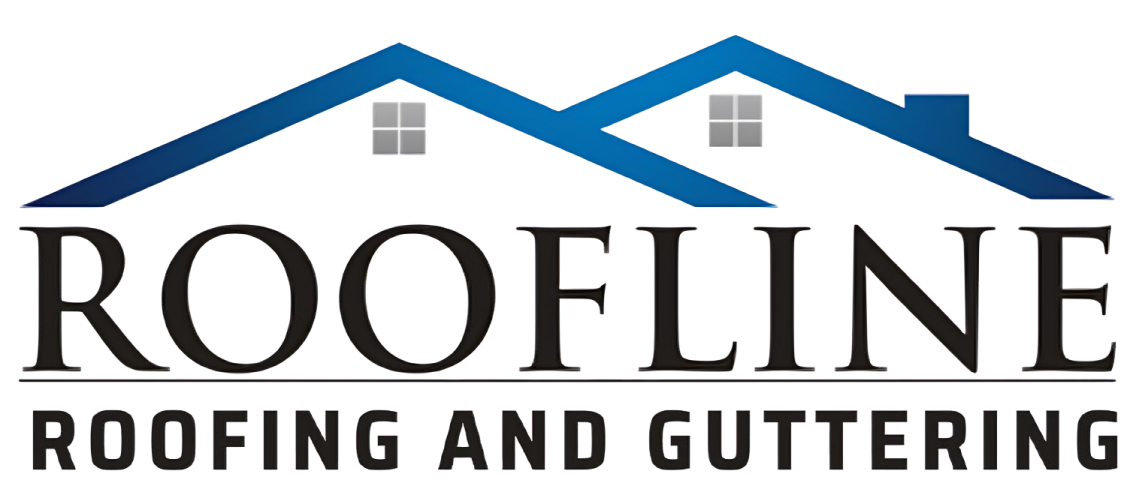Homeowners often wonder whether investing in a new roof is worth the cost. A roof is more than just a protective layer—it plays a huge role in property value, energy efficiency, and curb appeal. In the UK, where weather conditions are often unpredictable, the quality of your roof can directly influence how potential buyers see your home.
Why a New Roof Increases Property Value:
A new roof can significantly boost the market value of your property. When buyers see a roof in excellent condition, they view the home as low-maintenance and structurally secure. In competitive housing markets across the UK, this gives your property an edge.
Many buyers hesitate to purchase a house if they anticipate roof repairs soon after moving in. A newly installed roof eliminates this concern, making your home more attractive and often allowing you to list it at a higher price.
The Role of Curb Appeal in Home Value:
First impressions matter. The roof is one of the most visible parts of a house, and a worn or damaged roof can instantly reduce a property’s appeal. A new roof enhances the overall exterior, making the property look well-maintained and inviting. Estate agents often note that houses with new roofs draw more interest from buyers and even encourage quicker sales.
Energy Efficiency and Lower Bills:
Modern roofing materials are designed to improve insulation and reduce heat loss. In the UK, where heating costs can be high, this energy efficiency is a major selling point. Buyers are more likely to pay extra for a property that helps them save on energy bills. Over time, this advantage translates into measurable savings, making the new roof a valuable investment both for current homeowners and future buyers.
Protection Against UK Weather:
The UK experiences a wide range of weather conditions—heavy rain, wind, and occasional snow. An older roof may struggle to withstand these elements, leading to leaks, damp issues, and even structural damage. A new roof provides better protection against harsh weather, giving potential buyers peace of mind that the property is safe and secure.
Financial Return on Investment:
While the exact return depends on your property type and location, industry experts estimate that a new roof can increase a home’s value by up to 60–70% of the installation cost. This means that while you may not recoup every pound spent, the improved sale price combined with faster marketability often justifies the expense.
For example, if you spend £8,000 on a new roof, your property value might increase by £5,000 to £6,000. Add in the quicker sale time and reduced negotiations over roof repairs, and the investment becomes worthwhile.
When a Roof Replacement Makes Sense:
Not every homeowner needs a full roof replacement before selling. If your roof is in good condition and less than 10 years old, simple maintenance or minor repairs may be enough. However, if your roof shows signs of damage such as missing tiles, leaks, or sagging, replacement can prevent buyers from walking away.
It also makes sense if you plan to stay in your home for several years. You benefit from reduced energy bills, fewer repair costs, and the reassurance of a secure roof.
Things to Consider Before Replacing Your Roof:
- Roofing Material Choices: Slate, clay tiles, and modern synthetic materials each offer different benefits in durability, appearance, and cost.
- Local Market Trends: If most homes in your area have modern, well-maintained roofs, upgrading yours helps keep your property competitive.
- Professional Installation: Always choose qualified UK roofing contractors to ensure your new roof meets safety standards and lasts for decades.
Final Thoughts on Adding Value with a New Roof:
A new roof does more than protect your property—it adds value, enhances curb appeal, improves energy efficiency, and provides reassurance to buyers. While it requires an upfront investment, the long-term benefits often outweigh the costs, especially if you plan to sell your home in the near future.
For UK homeowners, a new roof is not just a repair; it is a smart property improvement that directly supports higher market value and long-term savings.
